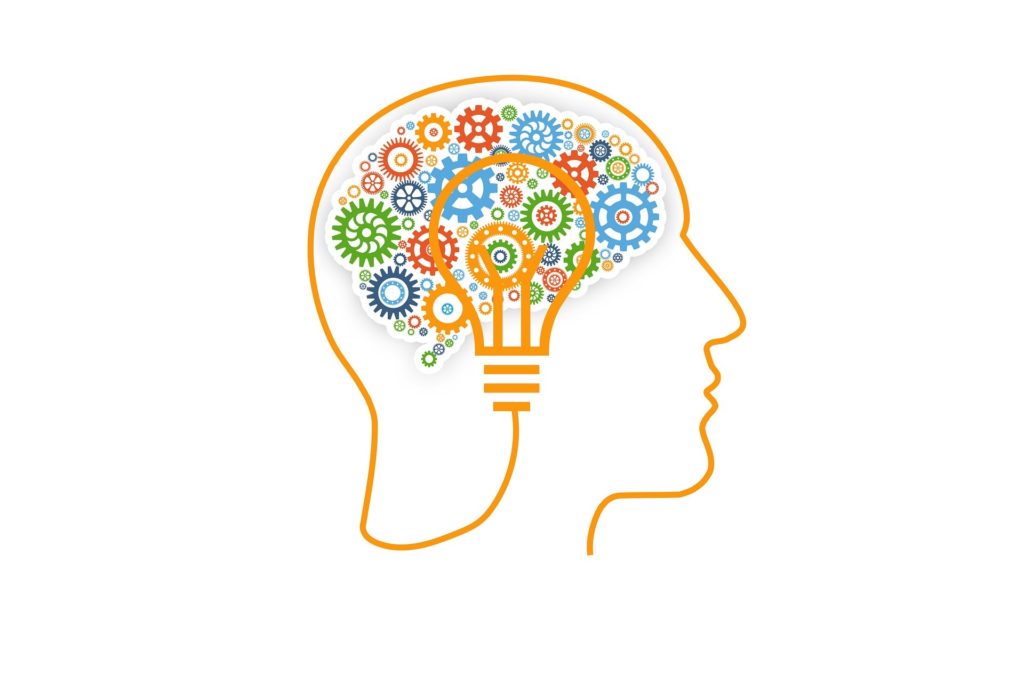Cognitive bias: 20 reasons why you can’t trust your brain
by Charlie Evans · 24/07/2020

Our decisions are not always our own thanks to different types of cognitive bias buried in our brains
The term ‘cognitive bias’ refers to the flaws in our reasoning and evaluations. There are several types of common cognitive bias that most of us are susceptible. These can impact the way we see things and give us a distorted view of the world. However, if we are aware of these bias, we can correct these flaws. Here are twenty of the most common cognitive biases.
1) Empathy gap
When we are being logical (cold), we don’t understand how our decisions would differ if we were emotional (hot). Conversely, when we are emotional we don’t realise how much our decisions are being influenced by emotion.
2) Bandwagon effect
People follow the crowd, meaning you might be more likely to vote for someone because they have more supporters even if they don’t align with your views.
3) Anchoring bias
We make our decisions from the first piece of information that we learn about a subject. This is why we are more inclined to buy something when we see the original price placed next to the reduced price.
4) Ostrich effect
Humans often (metaphorically) bury their head in the sand. We choose to ignore the bad things that are happening, like not checking our bank accounts, rather than tackle the problem.
5) Conservatism bias
Have you ever heard someone say, ‘There’s nothing that will change my mind’? That is conservatism bias. We have a tendency to not update our views when faced with new evidence.
6) Frequency illusion
Have you noticed that when you learn a new word you start seeing it everywhere? Our brains have a habit of trying to see patterns, so we notice things more if they are interesting to us – like a new word.
7) Choice-supportive bias
When you make a choice, it is probable you will look back on it positively to rationalise your decision, even if you see afterwards that there were better options.
8) Confirmation bias
When you believe something to be true, you see evidence that supports it, like when you think someone doesn’t like you, you are more likely to notice when they’re ‘off’ with you.
9) Negativity bias
Negativity bias is when our minds react more strongly to negative experiences rather than positive ones. It makes us more likely to turn down opportunities because we can see the threats within the choice rather than the advantages.
10) Restraint bias
We overestimate our ability to resist temptation. This means we think we won’t eat a slice of cake at a party when we’re trying to eat healthily, but many of us will have overestimated our own willpower.
11) Galatea effect
This describes the power of self-expectation. If you believe you will succeed you are more likely to be successful, compared to if you believe you can’t do something.
12) Procrastination bias
We tend to accept short-term reward rather than wait for a better reward. We know our coursework will be more worth it in the long run, but we are still tempted by the funny cat videos.
13) Reactance bias
If we are forbidden to do something, we may have the desire to do that exact thing in order to prove our freedom of choice, like being asked not to walk on the grass or touch a
piece of art.
14) Status quo bias
The status quo bias is our preference for things to stay the same. You might revisit the same restaurant or purchase the same brands just because that’s what you have done in the past.
15) Survivorship bias
You see so many books every day, you might think it is easy to publish. This is an example of survivorship bias, as you have not seen the many more that didn’t make it to the publishing stage.
16) Zero-risk bias
We prefer the elimination of all risk over a greater reduction in a larger risk (overall), like choosing to clean up a small oil spill completely, rather than using the same money to clean up a giant oil spill significantly.
17) Fundamental attribution error
This is when we attribute the behaviour of someone to a character flaw rather than just an uncharacteristic moment. Someone who snapped at you once is probably not an angry person, but we think they are.
18) Selective attention
Our attention is a limited resource, and we have to direct it on things specifically for it to work. Our brains filter information in our environment to focus on what is useful and ignores the rest.
19) Scope insensitivity
Our brains are not very good at understanding scale. If we hear a disaster has impacted 200, 2,000 or 200,000 people, we react the same because we can’t comprehend the larger numbers.
20) Overconfidence bias
Some people may be overconfident in their abilities because of this bias and as a result take greater risks in decision-making, which may end positively or negatively.
This article was originally published in How It Works issue 118
For more science and technology articles, pick up the latest copy of How It Works from all good retailers or from our website now. If you have a tablet or smartphone, you can also download the digital version onto your iOS or Android device. To make sure you never miss an issue of How It Works magazine, subscribe today




